
Fighter Jets Scrambled to Escort American Airlines Flight to Emergency Landing After ‘Bomb Threat’
American Airlines Flight 292, traveling from New York’s John F. Kennedy International Airport to India,…
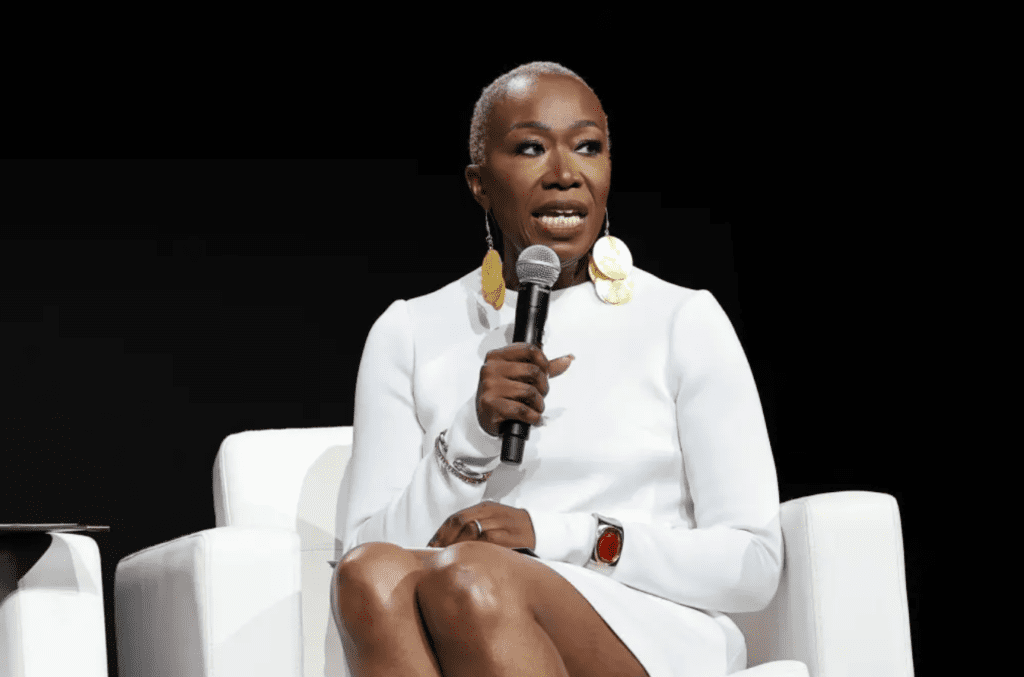
MSNBC Fires Joy Reid, Blows Up Primetime Lineup in Network Shakeup
MSNBC host Joy Reid’s show is being axed by the left-leaning corporate media outlet and…
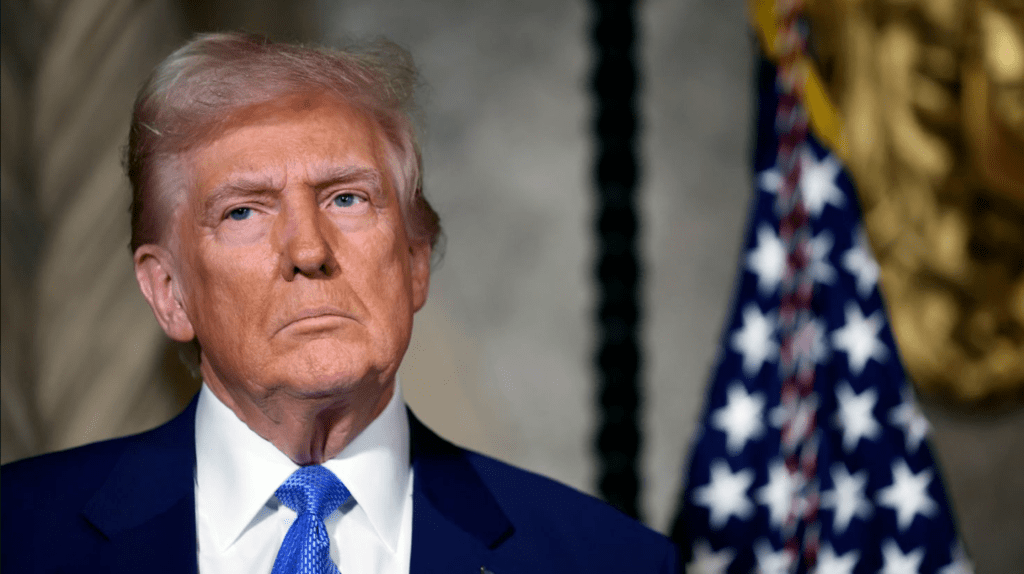
Trump Fires Top General Who Pushed DEI Policies, Announces New Chief
President Donald Trump announced Friday the dismissal of General Charles Brown, the current Chairman of…
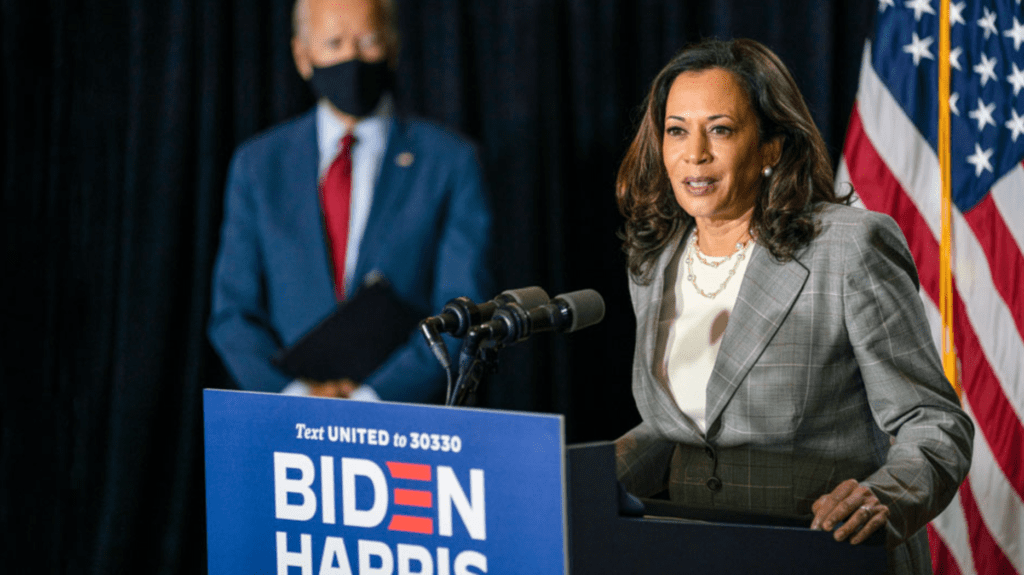
Former Clinton Pollster Sounds Alarm About Collapsing Democrat Support: ‘Never Seen Anything Like This’
Former Clinton pollster Mark Penn said Friday evening on Fox News that the Democratic Party’s…
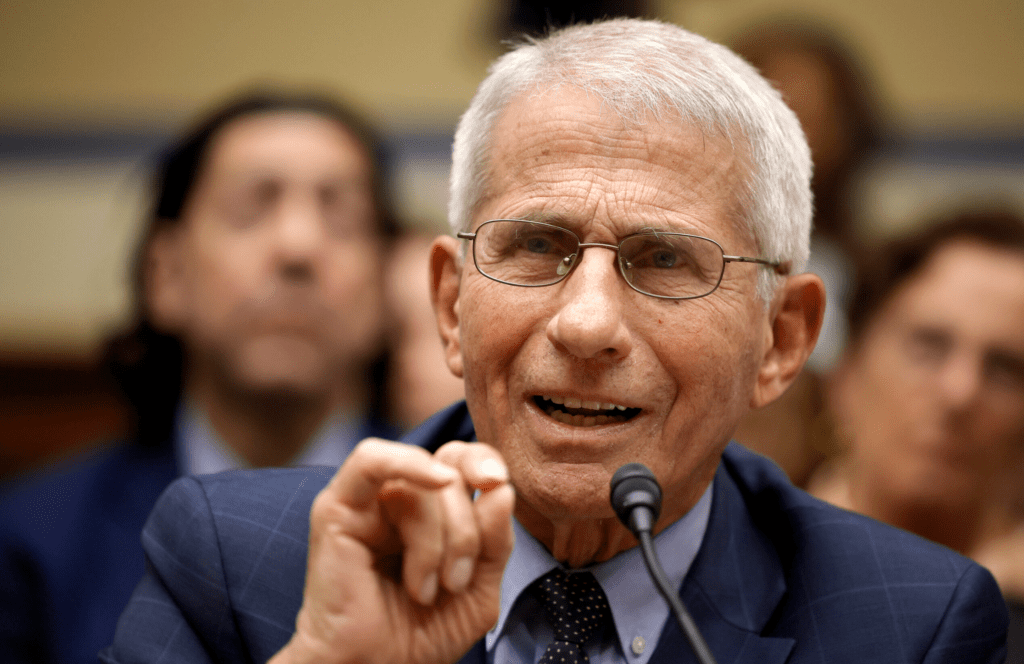
Texas Republican Proposes Bill to Drop ‘Sledgehammer’ on Agency Fauci Led for Decades
Texas Republican Rep. Chip Roy reintroduced legislation Friday to take a sledgehammer to the federal…
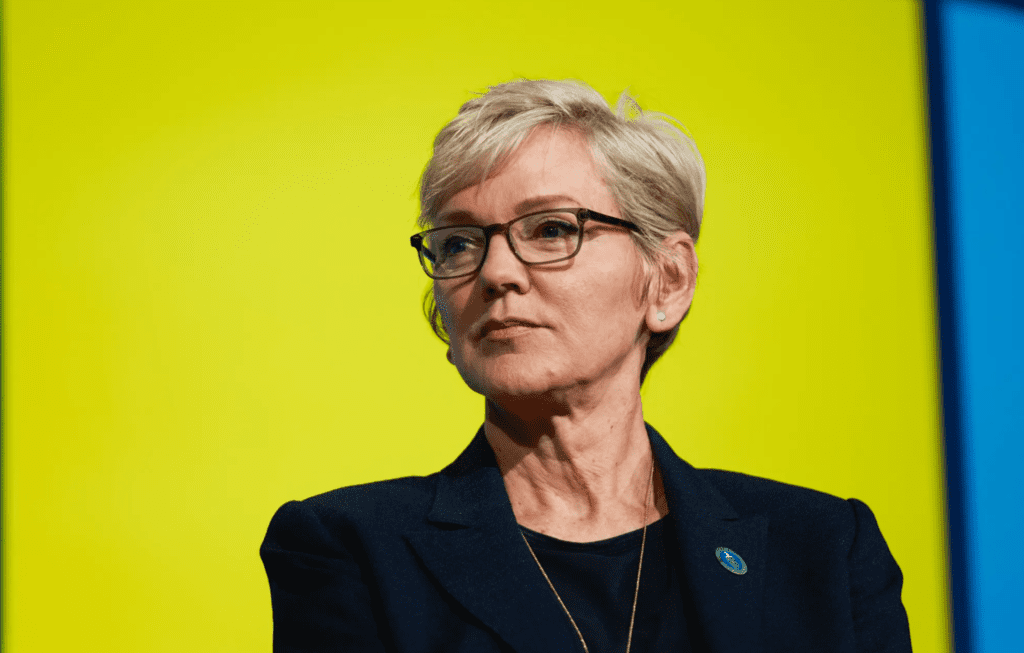
Former Biden Energy Secretary ‘Cashes In’ at Green Company She Boosted with Taxpayer Money
Former Energy Secretary Jennifer Granholm is joining the board of a major U.S. utility company…
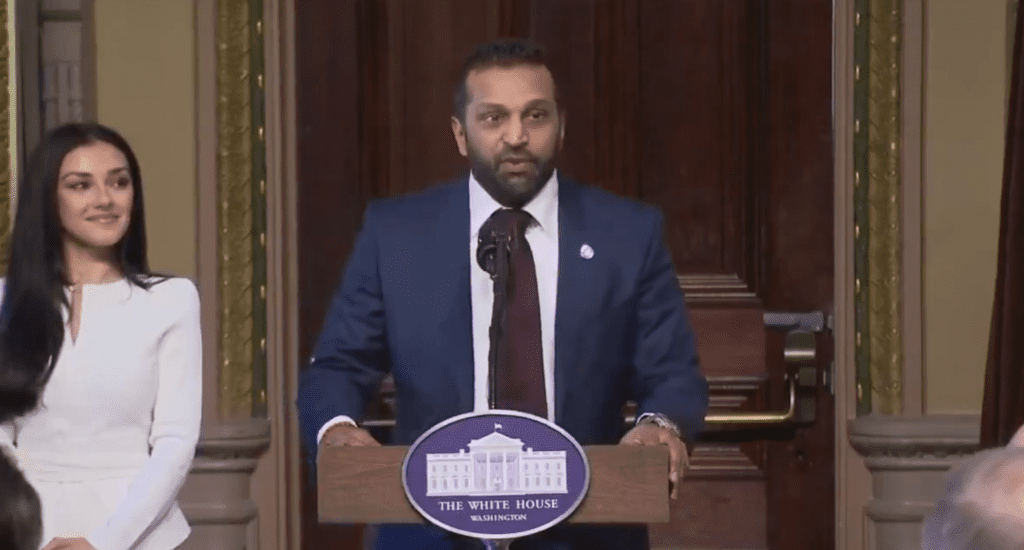
New FBI Director Kash Patel Makes a Bold Promise That Has America Buzzing
FBI Director Kash Patel made his first statement as director after he was sworn in…
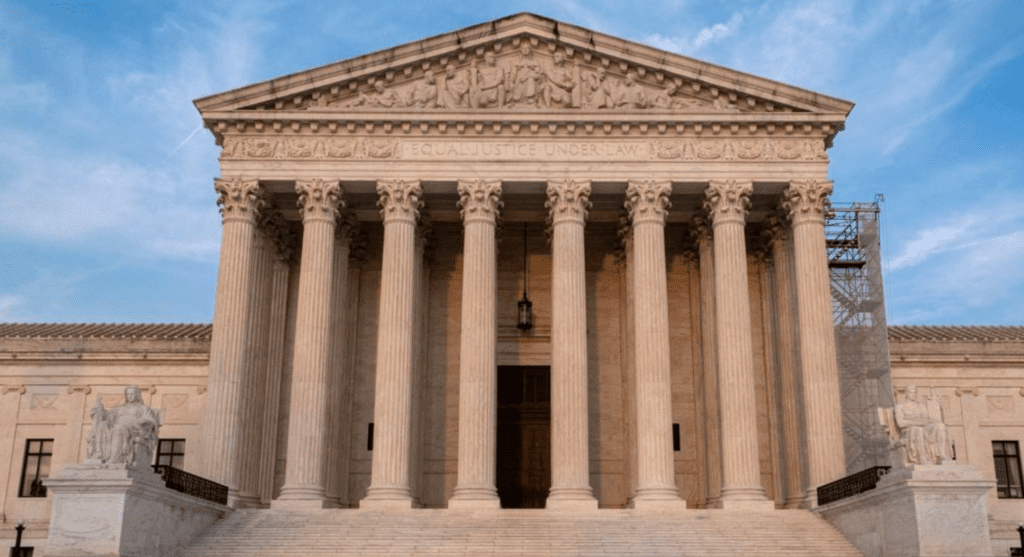
The Supreme Court Blocks Trump’s Firing of Government Official
The U.S. Supreme Court ruled Friday that Special Counsel Hampton Dellinger of the U.S. Office…

The Democratic Party is Going Down Along with Its Increasingly Unpopular ‘Woke’ Ideology
Democrats are doubling down on left-wing gender ideology despite their viewpoints being increasingly unpopular with…
- « Previous Page
- 1
- 2
- 3
- 4
- 5
- 6
- …
- 32
- Next Page »
Donald Trump is Confident He Can End the Russia-Ukraine War ‘This Week’